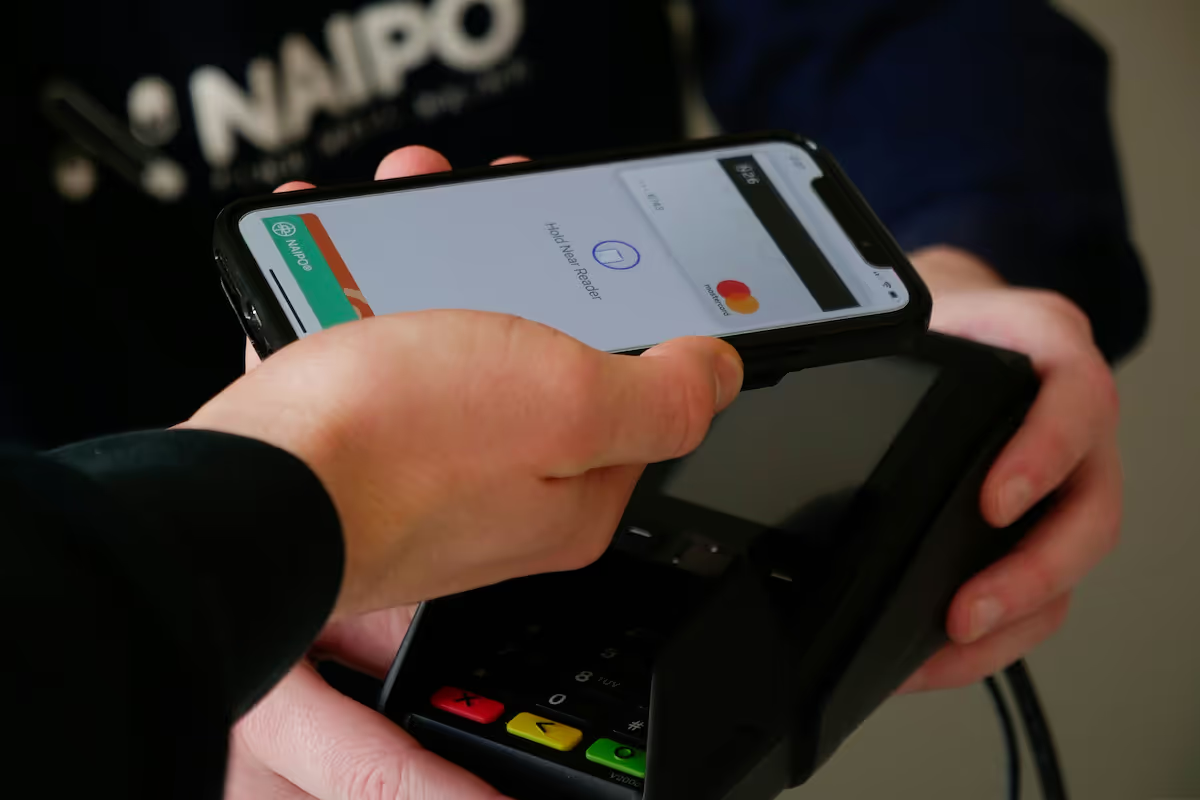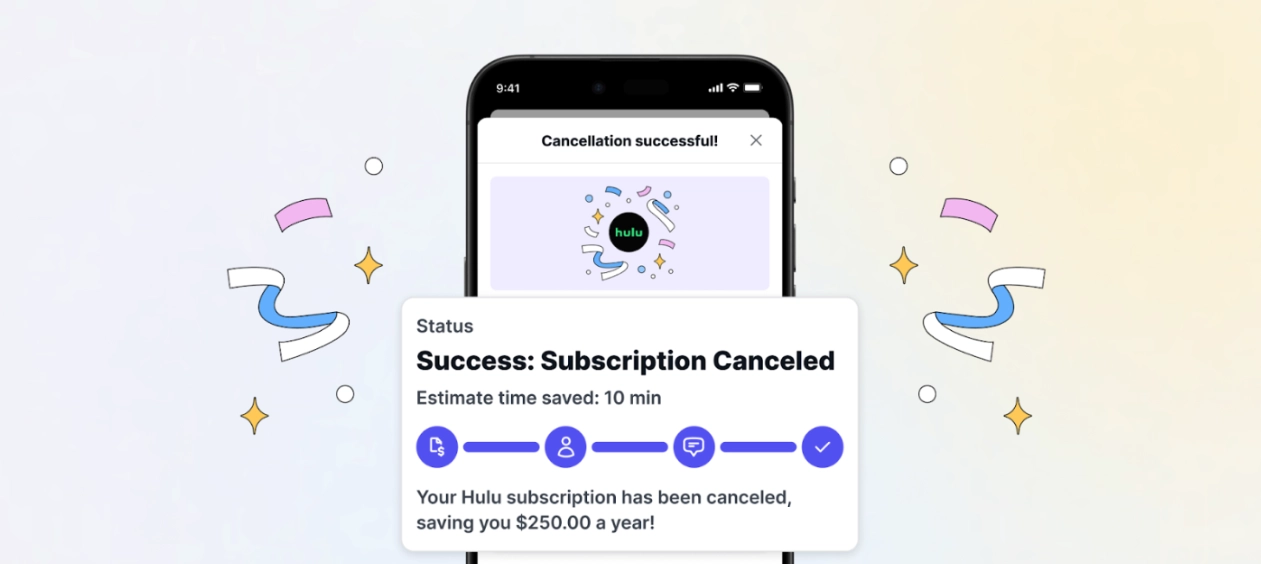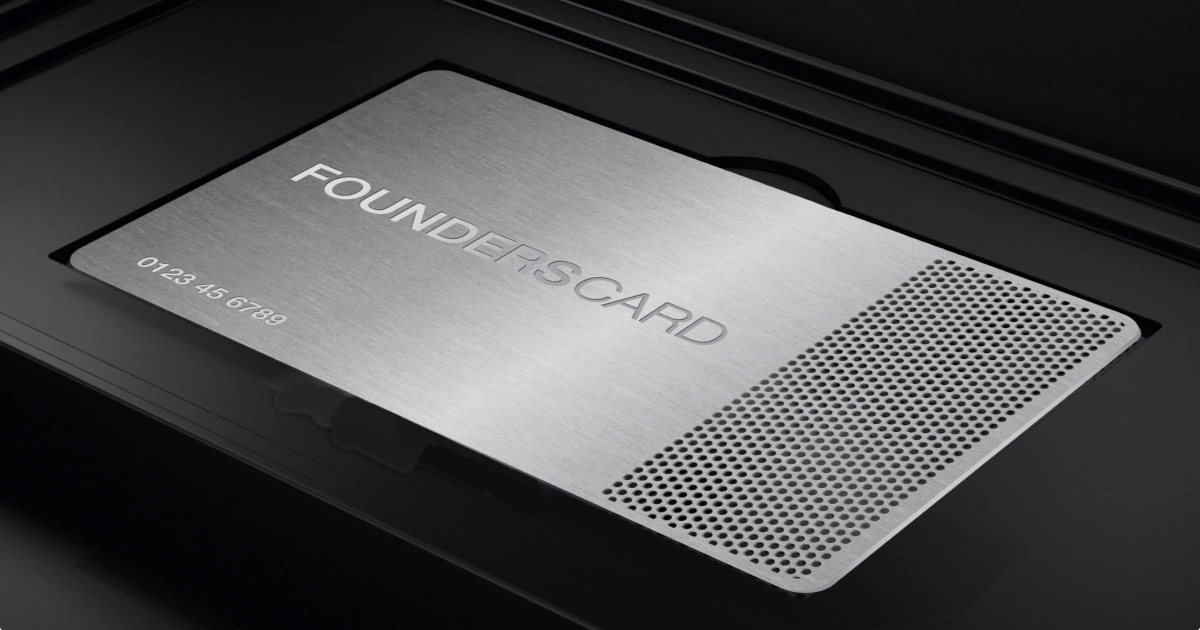
Kudos has partnered with CardRatings and Red Ventures for our coverage of credit card products. Kudos, CardRatings, and Red Ventures may receive a commission from card issuers. Kudos may receive commission from card issuers. Some of the card offers that appear on Kudos are from advertisers and may impact how and where card products appear on the site. Kudos tries to include as many card companies and offers as we are aware of, including offers from issuers that don't pay us, but we may not cover all card companies or all available card offers. You don't have to use our links, but we're grateful when you do!
Does Accredited Debt Relief Affect Your Credit Score?
July 1, 2025


Quick Answers
Enrolling in a debt relief program will likely lower your credit score at first, as the strategy involves halting direct payments to creditors to build funds for negotiation.
Your credit score can begin to recover and improve as debts are successfully settled, which reduces your total debt-to-income ratio.
For individuals already experiencing missed payments, the temporary dip in credit may be a strategic trade-off for the long-term benefit of becoming debt-free.
What Is an Accredited Debt Relief Program?
An accredited debt relief program is a service designed to help individuals manage overwhelming unsecured debts like credit card balances or personal loans. The "accredited" designation signifies that the company adheres to specific standards of practice and ethics set by a recognized third-party organization. These programs typically work by negotiating with a consumer's creditors to accept a lump-sum payment that is less than the total amount originally owed.
Engaging in a debt relief program has a direct relationship with an individual's credit score. Because the process involves altering the original terms of the debt agreements, credit reports will reflect these changes, which can cause a score to decrease. However, as the debts are successfully settled and paid off, the foundation is laid for long-term financial recovery and the potential for the credit score to improve over time.
How Accredited Debt Relief May Impact Your Credit Score
Enrolling in a debt relief program can be a lifeline, but it's crucial to understand the trade-offs. Here’s a look at how working with Accredited Debt Relief may temporarily impact your credit score.
- Stopping Payments: You will likely be advised to stop paying creditors on your enrolled debts. These missed payments are reported to credit bureaus, which will cause your credit score to drop, often significantly.
- Account Delinquency: As you continue to miss payments, your accounts become delinquent. The longer an account is delinquent, the more it negatively affects your credit history and score. Eventually, creditors may charge off the account.
- Debt Settlement: Accredited Debt Relief negotiates with your creditors to accept a lower payoff amount. Once a settlement is paid, the account is updated to reflect it was “settled for less than the full amount.”
- Long-Term Impact: While settling debt is better than an unpaid charge-off, this notation remains on your credit report for up to seven years and is viewed less favorably by lenders than an account paid in full.
- Score Recovery: After your program is complete, the negative reporting stops. With your debt load reduced, you can begin the gradual process of rebuilding your credit score through consistent, positive financial habits.
How Much Will Accredited Debt Relief Affect Your Credit Score?
The impact of a debt relief program on your credit score can vary based on several factors. Here are a few key things to consider before enrolling.
- Initial Score Impact: Your credit score will likely drop when you enroll because you stop paying creditors directly. These missed payments are reported to credit bureaus, causing an initial negative effect on your credit history.
- Account Status: Settled accounts are noted on your credit report for seven years from the original delinquency date. While better than a charge-off, this notation can be viewed negatively by future lenders.
- Long-Term Outlook: After completing the program, you can start rebuilding your credit with responsible financial habits. Over time, the negative marks will fade and your score can significantly improve as you demonstrate creditworthiness.
How You Can Avoid Accredited Debt Relief Affecting Your Credit Score
Understand the Process
Debt settlement programs often require you to stop paying creditors, which will temporarily lower your credit score. This is a planned part of the strategy to negotiate lower balances, viewing the credit impact as a necessary trade-off for becoming debt-free in the long run.
Focus on Program Payments
While your score is affected by missed creditor payments, making consistent, on-time payments to your debt relief plan is vital. This ensures you have funds ready for settlement offers and can successfully complete the program, setting the stage for future credit rebuilding.
Ways to Improve Your Credit Score
Your credit score is a dynamic number, not a permanent grade. With consistent effort and positive financial habits, you can utilize proven methods to improve your creditworthiness, often seeing meaningful changes within a few months.
- Monitor your credit reports. Regularly check your reports from all three major bureaus to identify and dispute inaccuracies, which can unfairly lower your score.
- Establish automatic bill payments. Since payment history is the most significant factor in your score, setting up automatic payments ensures you never miss a due date.
- Reduce your credit utilization ratio. Aim to keep your credit usage below 30% of your total available credit, as high utilization can signal financial distress to lenders.
- Become an authorized user. Being added to an account with a long, positive credit history can help you build your own credit profile, provided the primary user maintains responsible habits.
- Diversify your credit mix. Lenders like to see that you can responsibly manage different types of credit, such as a mix of credit cards and installment loans.
- Limit hard inquiries. Applying for too much new credit at once can temporarily lower your score, so space out applications and use prequalification tools when possible.
The Bottom Line
While Accredited Debt Relief can help you manage overwhelming debt, its debt settlement program will likely lower your credit score since the process involves stopping payments to your creditors.
Frequently Asked Questions
How does debt settlement affect my credit score?
Enrolling in a debt settlement program will likely cause a temporary drop in your credit score because you stop making payments to your original creditors.
How long will the negative impact last?
The negative impact from settled accounts can remain on your credit report for up to seven years, though its effect typically lessens over time.
Will my credit score recover after the program?
Yes, your credit score can recover. As you complete the program and begin to rebuild a positive credit history, your score will gradually improve.
Unlock your extra benefits when you become a Kudos member

Turn your online shopping into even more rewards

Join over 400,000 members simplifying their finances

Editorial Disclosure: Opinions expressed here are those of Kudos alone, not those of any bank, credit card issuer, hotel, airline, or other entity. This content has not been reviewed, approved or otherwise endorsed by any of the entities included within the post.



































.webp)

.webp)






